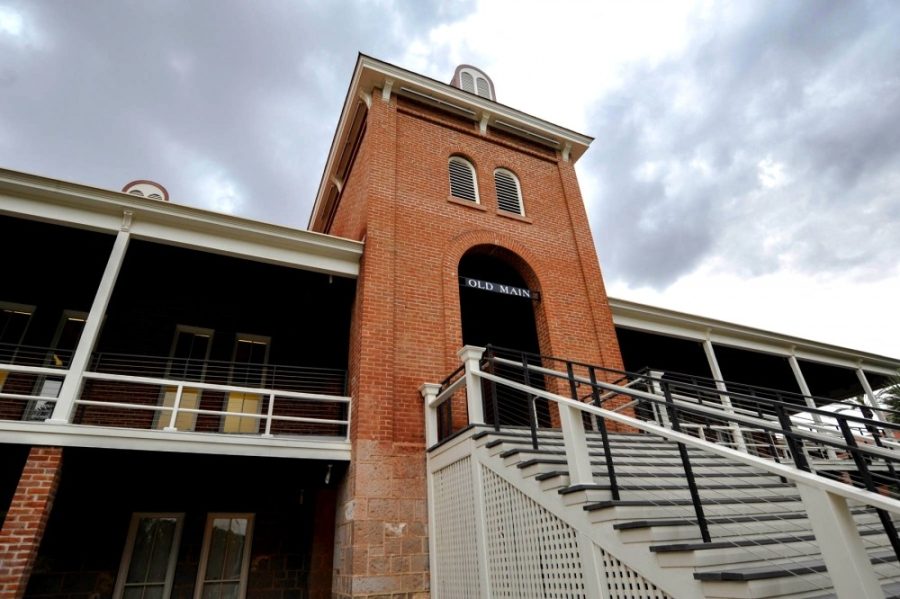Elitism is not healthy; not necessarily in a personal manner, but rather on a macro level. Elitism is a problem many societies must contend with at some point.
We see the more dramatic instances of elitism throughout history. The end of the original Roman Empire, the court of Louis XIV prior to revolution and the pre-Bolshevik Tsarist period is the stuff of history books. This article is not about these events, or even about history in general.
Instead, the point is to address elitism today, not in a historical context, but in its present form — the form we see at large today, whether we recognize it or not.
The U.S. must uphold the ideals of equal opportunity. We, as well as much of the developed world, have seemingly grown comfortable with elitism. What an elitist thing to say.
Unfortunately, concepts such as the emergence of global elitism are vague and not easily quantifiable; this is because the presence of elitism is so broad in scope within our media, our business environments and our political systems.
This article is not a revolutionary Marx-esque criticism of our way of life. It isn’t a plea for a major shift in economic or political structuring.
What this article is, is an argument for the weak, the poor, the sick and the impaired who are increasingly overlooked. Specifically, there seems to be a growing divide in how we interact and empathize with one another.
RELATED: OPINION: Millennials vs. late capitalism
There is, of course, false empathy. The stereotypical admission of “guilt” by people in relation to children in third-world nations or inner cities is not a new phenomenon and is accepted as quite empty and counterproductive.
Elitism in America today can be blamed on many factors. The music we listen to, the celebrities, preachers and business leaders we idolize, the fashions that develop and, most significantly, the mindsets we cultivate from cliques and social media.
Collegiate elitism is no exception. It is common at large, accredited universities, like the University of Arizona, for elitism to impose itself — not necessarily in an academic sense but in a social manner. It is probably obvious to anyone who has attended school at the UA that there is a social hierarchy that prescribes certain opportunities for some and not for others.
As Kurt Vonnegut would say, “So it goes.” While we cannot and probably should not attempt to end elitism, it isn’t uncalled for to hope that members of our society — students in particular — will seek not to further stratify the social caste system: a system we promote when we concern ourselves too much with our own well-being and ignore the humanity of the poor and the beaten.
What do I mean when I say the poor and beaten? What do I mean when I say ‘ignore?’ Do we, on the aggregate, not pay enough attention to the plight of the underprivileged? Students are certainly aware of the hardship their fellow citizens experience.
The issue is the way we associate and, more frequently, disassociate ourselves with Americans who know true suffering. The society and pop culture we have grown accustomed to accounts for self-aggrandizement more than we would like to admit. We seem to have lost our sense of camaraderie, even kindness in some instances.
It is easy to claim to care about the poor. To maintain a humility in the way we associate and discuss issues of poverty and social status is another thing. The single mothers, the addicted, the impoverished, the imprisoned and the ill need not be patronized, but should certainly not be forgotten or forsaken.
Eric Roshak is interested in political and economic changes and how they will change the American cultural landscape. Follow Daily Wildcat on Twitter.









